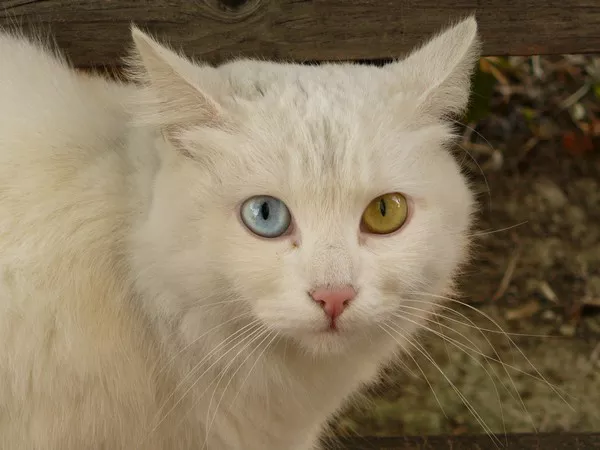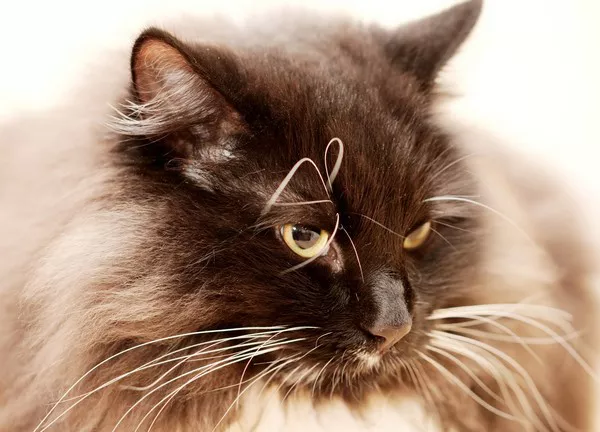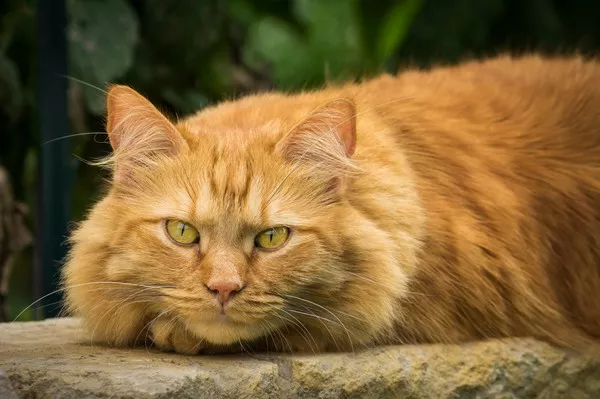Cats, with their charming personalities and independent nature, have been beloved companions for centuries. As pet owners, ensuring the health and well-being of our feline friends is paramount. A crucial aspect of cat care is understanding what foods are safe and which should be avoided. While cats can be quite picky eaters, it’s essential to recognize that some human foods can be harmful or even toxic to them. This essay will explore various foods that should never be fed to cats, along with the reasons why they are dangerous and the potential health risks associated with each.
1. Onions and Garlic
Onions and garlic are common ingredients in many human dishes, but they are highly toxic to cats. Both contain compounds called thiosulfates and disulfides, which can cause hemolytic anemia—a condition where red blood cells are destroyed faster than the body can replace them. Symptoms of onion or garlic poisoning in cats include weakness, pale gums, jaundice, and dark urine. Even small amounts can be harmful, so it’s best to avoid feeding any food containing these ingredients to your cat.
2. Grapes and Raisins
Grapes and raisins are another food that should be kept away from cats. These fruits can cause acute kidney failure, leading to severe dehydration, vomiting, and lethargy. The exact mechanism behind this toxicity is not fully understood, but it is known that even a small quantity can be fatal. If you suspect your cat has ingested grapes or raisins, seek veterinary attention immediately.
3. Chocolate
Chocolate contains theobromine and caffeine, both of which are toxic to cats. Theobromine, in particular, can cause rapid heart rate, seizures, and even death. Dark chocolate and baking chocolate are especially dangerous due to their higher concentration of theobromine. Symptoms of chocolate poisoning include vomiting, diarrhea, hyperactivity, and tremors. It’s important to keep all chocolate products out of reach of your cat.
4. Alcohol
Alcohol is extremely toxic to cats and can cause severe liver and brain damage. Even a small amount can lead to intoxication, resulting in symptoms such as vomiting, diarrhea, difficulty breathing, and central nervous system depression. In severe cases, alcohol poisoning can be fatal. Never offer alcoholic beverages to your cat, and ensure that any spills are cleaned up promptly to prevent accidental ingestion.
5. Raw Meat and Fish
While cats are obligate carnivores and require animal-based proteins, raw meat and fish can pose significant health risks. Raw meat may contain bacteria such as Salmonella and E. coli, which can cause food poisoning. Raw fish can also deplete thiamine (vitamin B1) levels in a cat’s body, leading to neurological issues and potentially fatal conditions. Always cook meat and fish thoroughly before feeding them to your cat.
6. Dairy Products
Many people believe that cats love milk, but the truth is that most adult cats are lactose intolerant. Feeding dairy products like milk, cheese, and yogurt can cause digestive upset, including diarrhea and vomiting. Kittens can tolerate small amounts of milk, but as they grow older, their ability to digest lactose decreases. It’s best to avoid dairy altogether and opt for specialized cat milk if you want to give your cat a treat.
7. Caffeine
Caffeine, found in coffee, tea, and energy drinks, can be highly toxic to cats. It can cause rapid heart rate, restlessness, muscle tremors, and even death. Cats are much more sensitive to caffeine than humans, so even a small amount can be harmful. Keep all caffeinated beverages out of reach and avoid using them as treats.
8. Xylitol
Xylitol is a sugar substitute commonly found in sugar-free gum, candy, and baked goods. It is highly toxic to cats and can cause a rapid release of insulin, leading to hypoglycemia (low blood sugar). Symptoms include vomiting, lethargy, loss of coordination, and seizures. In severe cases, xylitol poisoning can result in liver failure. Always check ingredient labels and avoid feeding any products containing xylitol to your cat.
9. Yeast Dough
Yeast dough can expand in a cat’s stomach, causing bloating and discomfort. Additionally, the fermentation process produces ethanol, which can lead to alcohol poisoning. Symptoms include vomiting, abdominal pain, and lethargy. Always ensure that unbaked yeast dough is kept away from your cat.
10. Avocado
Avocado contains a fungicidal toxin called persin, which can be harmful to cats. While the toxicity level is generally low, it can still cause gastrointestinal distress, vomiting, and diarrhea. Avocado pits and skins are also choking hazards and can cause blockages in the digestive tract. It’s best to avoid feeding avocado to your cat altogether.
11. Citrus Fruits
Citrus fruits like oranges, lemons, and limes contain high levels of citric acid, which can cause stomach upset, vomiting, and diarrhea in cats. The strong scent and taste of citrus can also be overwhelming for cats. While small amounts may not be life-threatening, it’s best to avoid feeding citrus fruits to your cat.
12. Salt
Excessive salt intake can lead to sodium ion poisoning in cats, causing symptoms such as excessive thirst, urination, vomiting, and seizures. High-sodium foods like chips, pretzels, and processed meats should be avoided. Always ensure that your cat has access to fresh, clean water to help maintain proper hydration.
13. Artificial Sweeteners
Artificial sweeteners like aspartame and saccharin are generally considered safe for cats in small amounts, but they offer no nutritional value and can cause digestive upset. Some artificial sweeteners, particularly those containing xylitol, can be toxic. It’s best to stick with natural, cat-safe treats and avoid feeding any products with artificial sweeteners.
14. Fat Trimmings and Bones
Fat trimmings from meat can cause pancreatitis in cats, a painful and potentially life-threatening condition. Cooked bones can splinter and cause internal injuries, while raw bones can be a choking hazard. Always remove fat trimmings and bones from meat before feeding it to your cat.
15. Sugary Foods
Sugary foods like candy, pastries, and sugary drinks can lead to obesity, dental problems, and diabetes in cats. While cats do not typically crave sweets, it’s important to avoid feeding them foods with high sugar content. Opt for balanced, nutritionally complete cat food instead.
Conclusion
Understanding what not to feed your cat is crucial for maintaining their health and well-being. By avoiding these potentially harmful foods, you can help ensure that your feline friend stays happy, healthy, and thriving. Always consult with your veterinarian if you have any concerns about your cat’s diet or if you suspect that they have ingested something toxic. With careful attention and a little knowledge, you can provide the best possible care for your beloved pet.
Related topic:



























